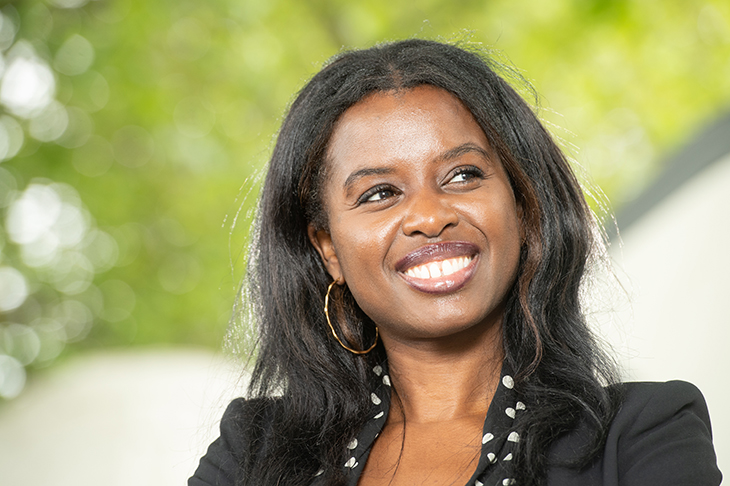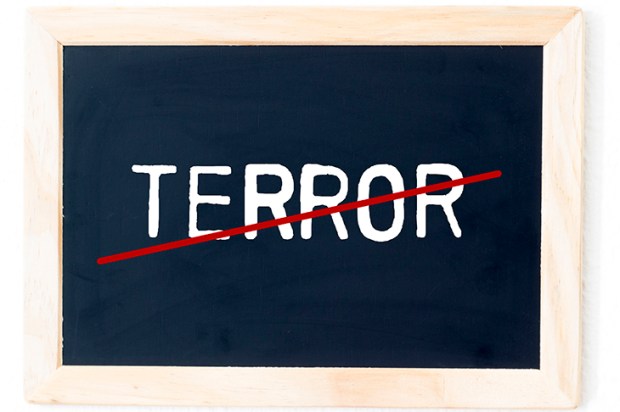Exciting news from the BBC, where every employee has just received a flyer from the Director-General, Lord Hall, informing them about the creation of a new post — Director of Creative Diversity. Should they all apply? Certainly, when I found out about it, I thought I might throw my hat in the ring.
Already a subscriber? Log in
Subscribe for just $2 a week
Try a month of The Spectator Australia absolutely free and without commitment. Not only that but – if you choose to continue – you’ll pay just $2 a week for your first year.
- Unlimited access to spectator.com.au and app
- The weekly edition on the Spectator Australia app
- Spectator podcasts and newsletters
- Full access to spectator.co.uk
Or
Unlock this article
You might disagree with half of it, but you’ll enjoy reading all of it. Try your first month for free, then just $2 a week for the remainder of your first year.



![[GETTY IMAGES]](https://www.spectator.com.au/wp-content/uploads/2019/02/GettyImages_3288778.jpg?w=620)











Comments
Don't miss out
Join the conversation with other Spectator Australia readers. Subscribe to leave a comment.
SUBSCRIBEAlready a subscriber? Log in